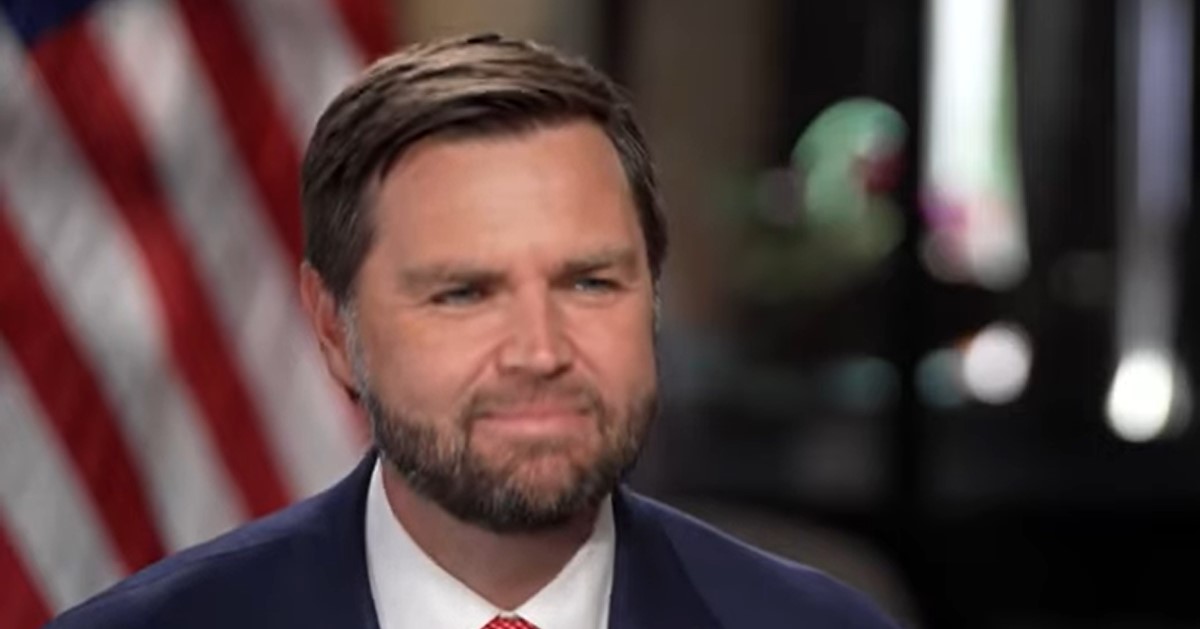Trump orders all remaining 'Biden era' U.S. attorneys to be fired by DOJ
President Donald Trump, who unquestionably was targeted for partisan purposes by the Justice Department of his predecessor, former President Joe Biden, has been outspoken about his desire to end the overt politicization and weaponization of federal agencies.
This week, Trump ordered his DOJ to terminate the remainder of any "Biden era" federal prosecutors as part of a broader effort to "clean house" and end the politicized lawfare of the prior administration, according to The Hill.
And, though some Democrats and media pundits will undoubtedly complain or claim the firings are "unprecedented," the removal and replacement of U.S. attorneys from one administration by another has been the standard practice for most presidents for decades.
Trump demands the "termination" of all "Biden era" prosecutors
In a Truth Social post on Tuesday, President Trump wrote, "Over the past four years, the Department of Justice has been politicized like never before. Therefore, I have instructed the termination of ALL remaining 'Biden Era' U.S. Attorneys."
"We must 'clean house' IMMEDIATELY, and restore confidence. America’s Golden Age must have a fair Justice System -- THAT BEGINS TODAY!" he added.
It is unclear how many Biden-appointed U.S. attorneys will be impacted by Trump's "termination" order, as some of them resigned before Trump was inaugurated, others have resigned in protest against Trump's agenda and policy moves over the past few weeks, and still others have been fired by Trump's DOJ already for various reasons.
Biden fired nearly all of Trump's U.S. attorneys
The Hill noted that there are a total of 93 U.S. attorneys who are appointed by the president and confirmed by the Senate to serve a total of 94 judicial districts, which includes at least one district in each of the 50 states plus districts for Washington D.C. and a handful of U.S. territories, per the Federal Bar Association.
The outlet further noted that, at least over the past three decades or so, it has been not at all uncommon for one president to fire and replace some, most, or even all of the federal prosecutors appointed by their predecessor.
Indeed, according to a 2021 NBC News report, then-President Biden wasted little time in firing all but two of the U.S. attorneys who'd been appointed and confirmed during President Trump's first term in office.
The only two exceptions to Biden's firing spree were U.S. Attorney John Durham of Connecticut, who'd been granted special protections as a special counsel to investigate the origins of the Russian collusion hoax, and U.S. Attorney David Weiss of Delaware, who was leading an ongoing criminal investigation of his son, Hunter Biden.
Modern practice began with Clinton's firing of all 93 U.S. attorneys
According to that NBC News report, shortly after President Trump first took office in 2017, he demanded the resignations of roughly half of all of the U.S. attorneys, 46 of them, who'd remained in place after the Obama administration, and though most went peacefully following that order, a few refused to resign and had to be fired.
Similarly, Politico reported in 2009 that, a few months after taking office, then-President Barack Obama gave instructions for all of the holdover prosecutors from the prior Bush administration to be fired and replaced if they hadn't already resigned.
By all accounts, the trend of mass firing federal prosecutors following a change in administration began in 1993 with then-President Bill Clinton, who ordered the firing of all 93 U.S. attorneys.
The only recent president who didn't seek wholesale change in the DOJ was former President George W. Bush, but rather ironically, his decision to fire just nine federal prosecutors from the Clinton era at the start of his second term in office sparked a major controversy among congressional Democrats, who've also complained about Trump's firings but had little to say about the firings ordered by Clinton, Obama, or Biden.




